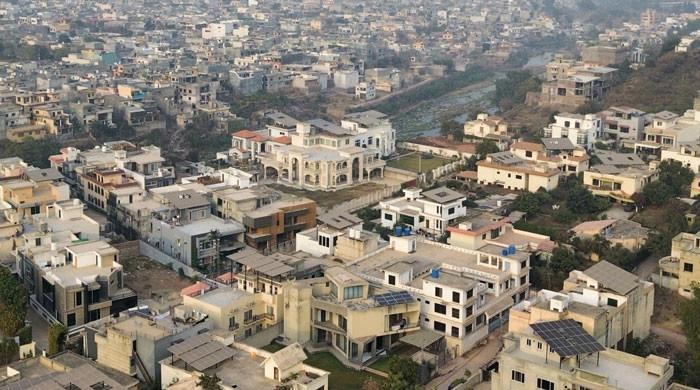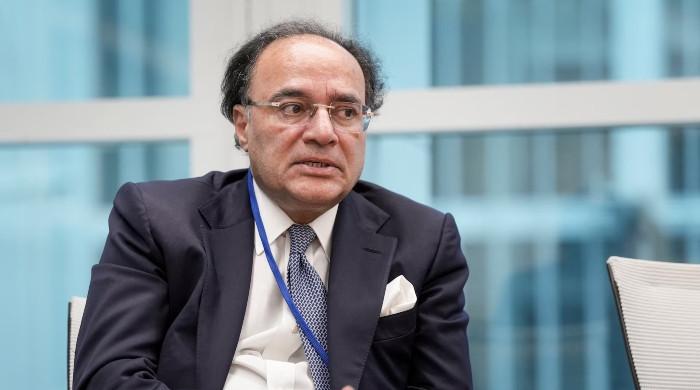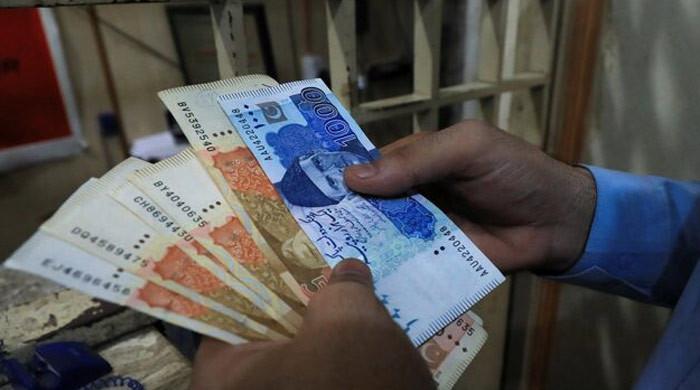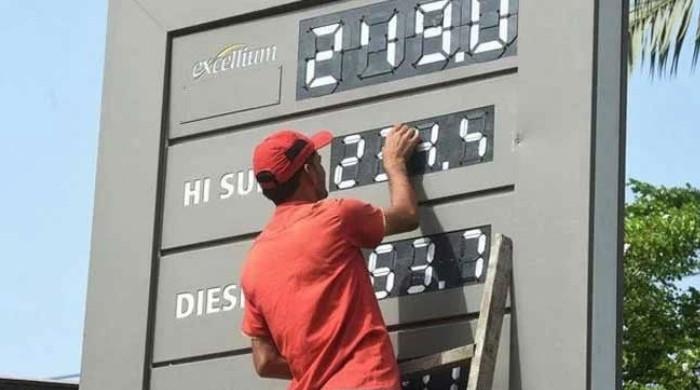Minister calls for retooling 20th century financial architecture
"There is need to revisit outdated established boundaries and frameworks of this century," says Sherry Rehman
January 21, 2023
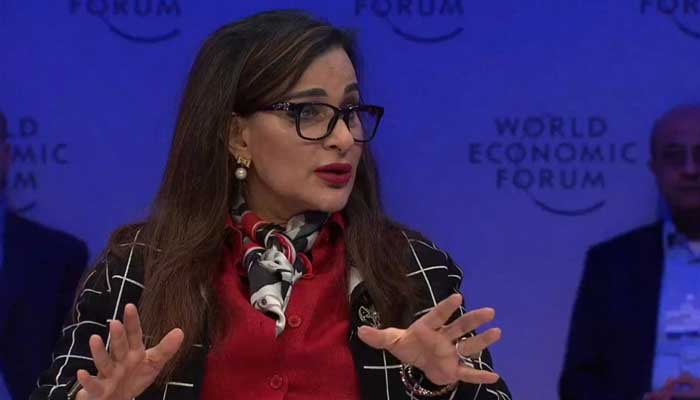
- Senator Rehman says severe energy shock follows climate disaster.
- "Global warming triggering our heatwaves will not go away."
- 20 million people still need humanitarian assistance, minister says.
On the sidelines of the World Economic Forum in Davos, Federal Minister for Climate Change Senator Sherry Rehman insisted on addressing the outdated financial architecture of the 20th century, which could no longer meet present-day needs and challenges.
“It’s high time we address this, as the established boundaries and frameworks are now outdated and there is a need to revisit them while preparing for the challenges of this century. All of it requires a collective approach at a global scale,” she said while speaking during a panel discussion on turbocharge development finance.
The minister highlighted the need for reorienting and expanding the role played by IFIs to bridge the financing gaps.
“There has to be some sensitivity to the scale of vulnerability and human fragility. When your topographies are transformed forever after a climate disaster, it is immediately followed by food security and a severe energy shock," she said underlining how 55 countries around the world are in extreme debt distress.
During her other engagements in Davos, Rehman also spoke during the Pakistan Investment Forum at the Pakistan Pavilion, where she presented the Living Indus Initiative to private and public investors.
“The global warming that triggers our heatwaves will not go away whatever actions Pakistan takes, because we are the 1% polluters, so we must act to adapt. The Living Indus Initiative is conceived as a veritable axis of adaptation, and it is a cohesive and collective effort to reverse the ecological degradation of the Indus basin," she shared speaking at the occasion.
The minister added that the initiative is Pakistan’s largest adaptation project. Out of the 25 interventions, as stated by her, 15 of them will directly or indirectly address the flooding that happens along the Indus Basin.
"Right now, the river is under deep stress, and rejuvenating this lifeline of Pakistan will go a long way in our fight against climate change.”
Leading a discussion at the Forest and Land Use Investment Packages (FLIP) Initiative meeting on the invitation of US Special Presidential Envoy for Climate, John Kerry, Senator Rehman said such "initiatives are extremely useful for countries that are under debt".
“Pakistan is facing a severe debt crisis, and it’s encouraging to see packages being put together that are not going to burden our economies and allow us to fulfil our forest regeneration goals without putting additional stress on the public sector for regeneration of natural capital,” the climate change minister said.
While attending the Pakistan Breakfast in Davos, Rehman said the geographies of vulnerability are caught in a recovery trap.
“We are at the ground zero of climate stress as we live in an era of accelerated climate change which leads to extraordinary human suffering. My worry is that despite excellent progress made at a climate resilient recovery conference, we may not be able to rebuild one-third of the country before the next disaster hits us," the senator said, praising the efforts of Prime Minister Shehbaz Sharif and Foreign Minister Bilawal Bhutto-Zardari during the Climate Resilient Pakistan conference.
“The cameras have moved away, but the crisis prolongs. There are still 20 million people who need humanitarian assistance, and 8 million people are exposed to flood waters,” she added.






